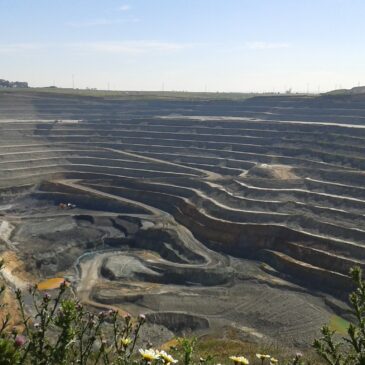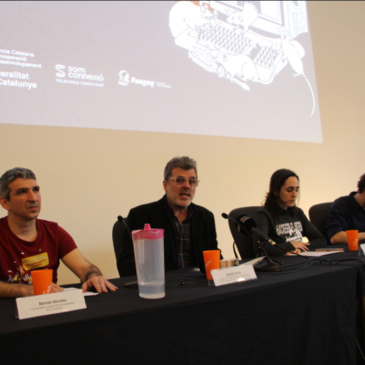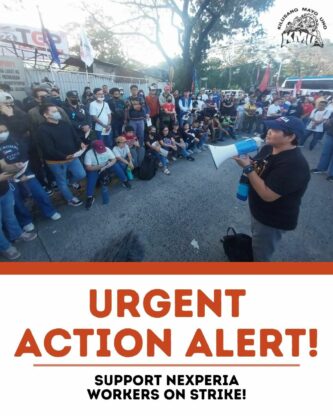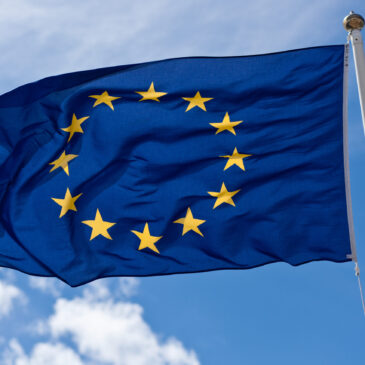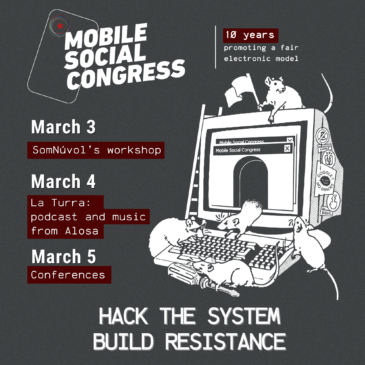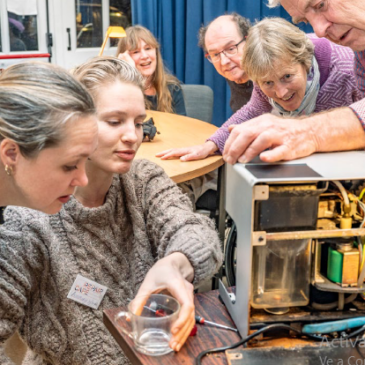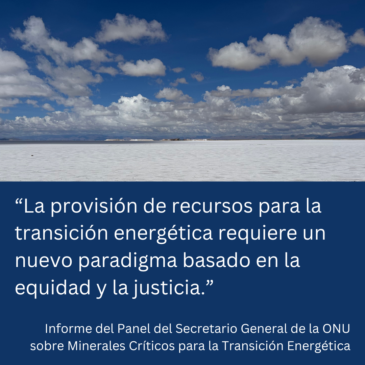The EU puts Spain at the center of the extractive map: more mines, less sustainability
On March 25, the European Commission published the list of “strategic” mining projects to be developed within the territory of the European Union, under the new Critical Raw Materials Act (CRMA) – approved in 2024. This law is intended to guarantee a secure supply of raw materials necessary for the production of low-emission technologies, within the context of the green and digital transition model promoted by the EU, with the … Read More

